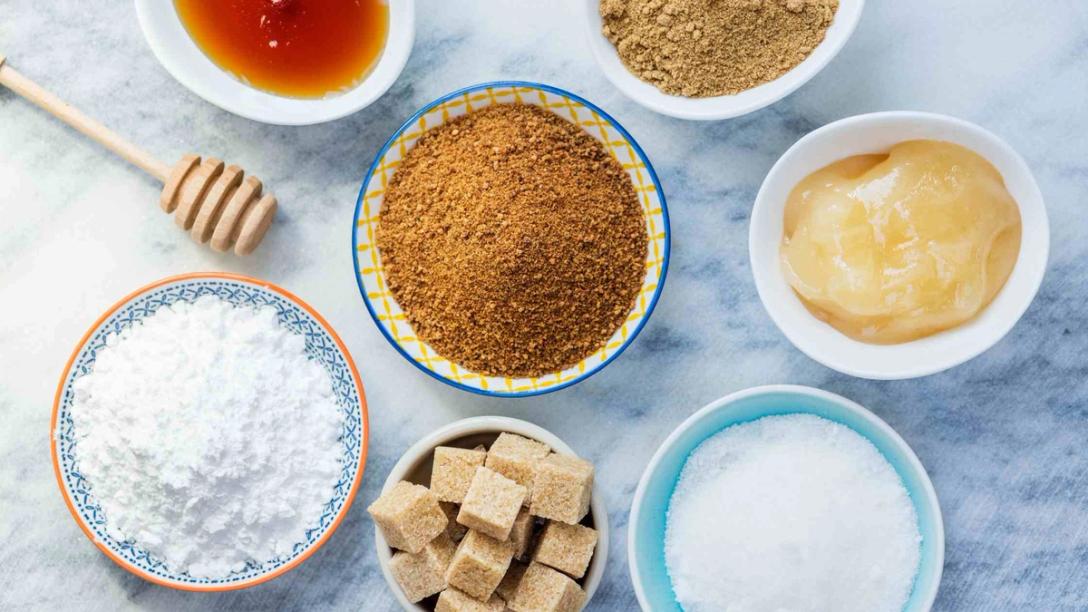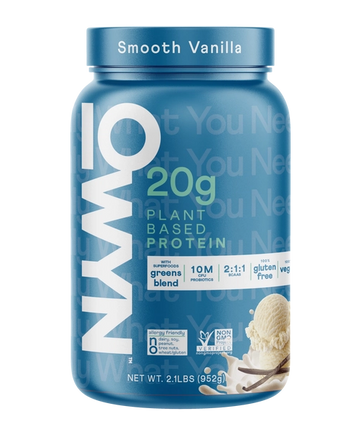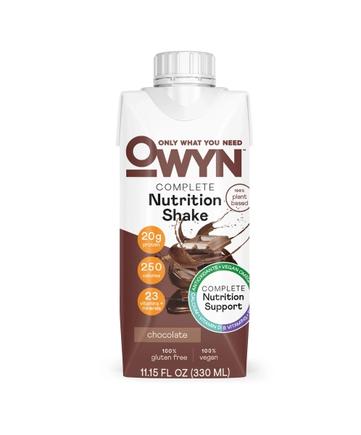Save 10% OFF All Subscription Orders.
Save 10% OFF All Subscription Orders.
Why All Sugar Substitutes Are Not Created Equal

Have you ever wondered what are all these sweeteners and what’s their role in my diet? Read on to find out the truth behind sugar substitutes.
Artificial sweeteners and other sugar substitutes are found in a variety of food and beverages. They are marketed as “sugar-free” and “low-calorie” to influence consumers to purchase them.
Here is the 411 on sugar substitutes:
Artificial sweeteners. These are synthetic sugar substitutes that contain few or zero calories. They are also known as non-nutritive sweeteners because they don’t contain any nutritional value. They taste much sweeter than sugar, so only a small amount can provide the same amount of sweetness as a teaspoon of sugar. These sweeteners can appear on the nutrition label as aspartame, sucralose, and saccharine.
The concern with artificial sweeteners is that they their sweet taste might trick the brain into feeling hungry leading to cravings of sugary foods. When you consume more calories with these sugary foods, it can lead to weight gain. It’s also believed that they can disrupt the gut bacteria and lead to GI distress.
Sugar alcohols. Sugar alcohols are carbohydrates that occur naturally in some fruits and vegetables. Despite the name, there is no alcohol found in them. Many sugar alcohols are zero-calorie sweeteners, while others have about half the calories of regular sugar. Sugar substitutes are listed on a label as erythritol, xylitol, sorbitol, or mannitol.
The concern with sugar alcohols is that they can cause digestive distress. You might experience bloating, gas, and diarrhea when you consume them. Some products contain warning labels because of the gut disturbance caused by sugar alcohols.
Natural Sweeteners
OWYN’s Protein Shakes are sweetened with monk fruit, a type of fruit that is native to Southeast Asia. It does not contain sugar, carbs, or artificial ingredients. Monk fruit has a glycemic index of zero, meaning it does not increase your glucose levels. There is research that shows it does not increase blood sugar, leading to better blood sugar management.
There is also a small amount of organic cane sugar in OWYN’s Protein Shakes, Meal Replacement Shakes, and Protein Powder. It’s an unrefined sugar with a full-bodied taste of sugar cane. Compared to white sugar, it is much less processed.
When you’re looking for natural sweeteners, it’s important to search for clean ingredients in products to ensure you are purchasing the right products for your health. The more artificial or chemical sounding ingredients are generally perceived as less healthy than the more natural sounding ingredients. OWYN’s Shakes and Powders are free from artificial sweeteners or sugar alcohols.

Chocolate Chia Pudding Pops
If you enjoy chia seed pudding, these frozen pudding pops are the ideal summer treat you can feel good about eating. With 8 grams of protein, more than 3 grams of fiber, and 0 grams of sugar there are few summertime treats as tasty and nutritious as these!




